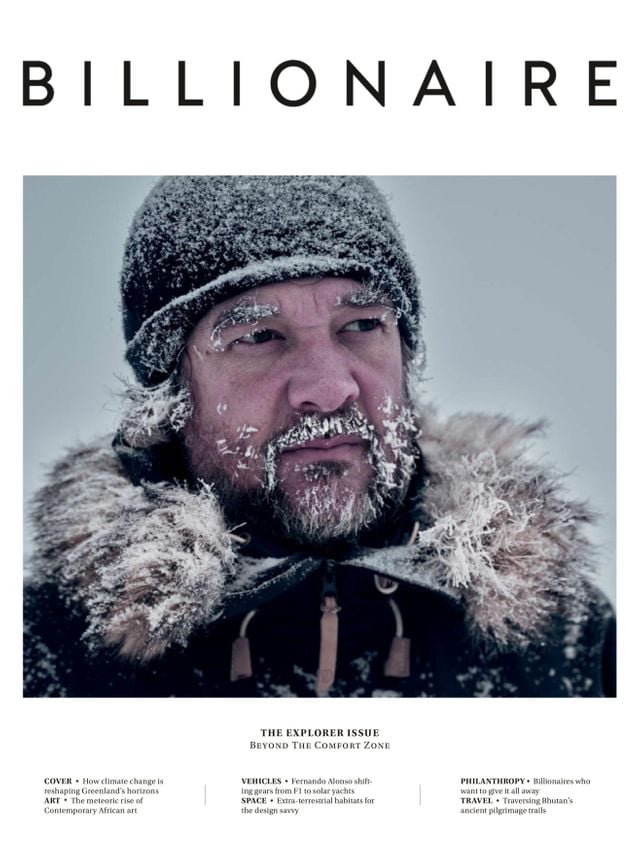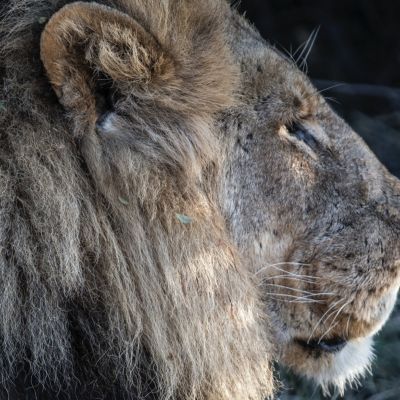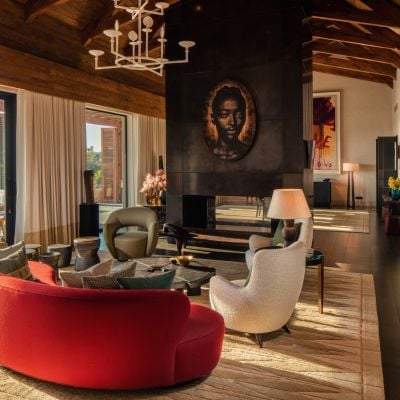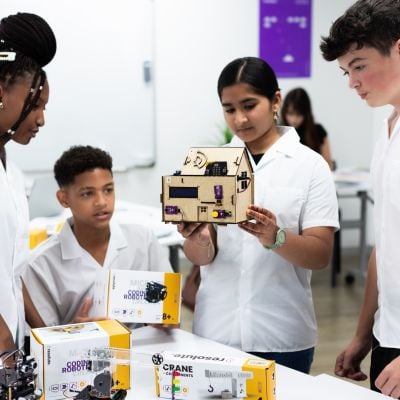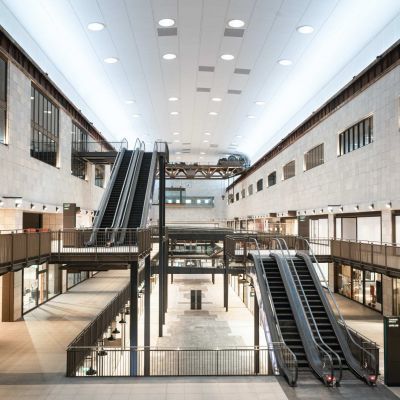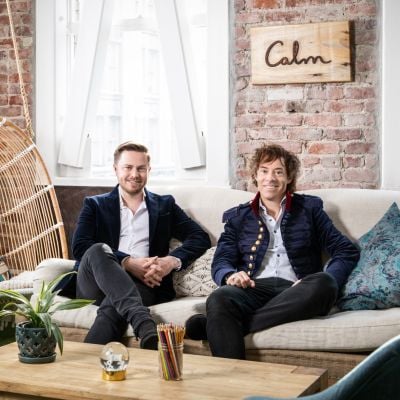New Philanthropy
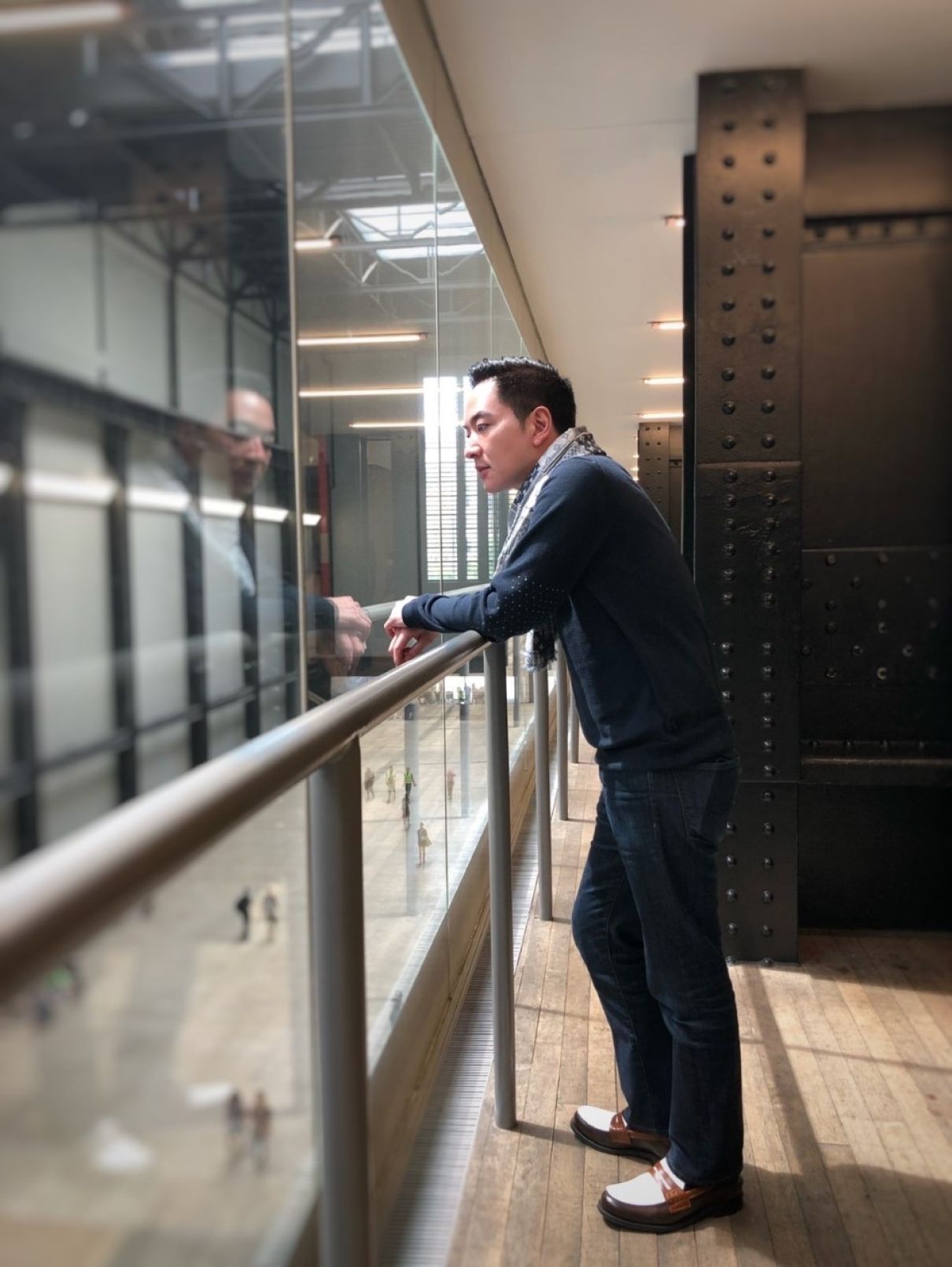
Philanthropy in Asia may soon come into its own, believes Calvin Lo.
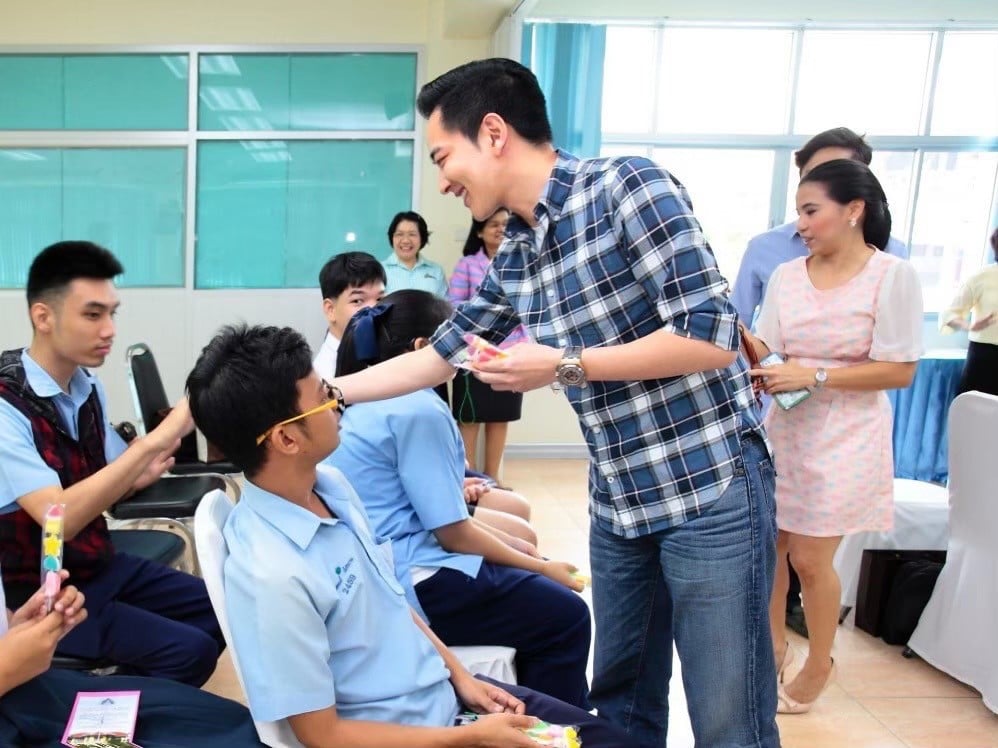
When it comes to grassroots philanthropy, Hong Kong billionaires can be a bit out of touch. That is the opinion of Calvin Lo, 45-year-old Harvard-educated entrepreneur, investor and philanthropist, with a net worth just shy of US$2 billion, according to Forbes.
Having taken on the mantle of his family life insurance business, RE Lee International, in 2014 (CEO at the age of 37), then launched a wealth management arm, RE Lee Capital, which now has US$8 billion of private funds under management, Lo knows more about the workings of the super-rich than most.
RE Lee International specialises in so-called jumbo insurance premiums, insuring the lives and activities of billionaires. These typically range from US$10 million to US$200 million and have been known to go up to US$500 million. His clientele are the top 50 wealthiest families in the six markets they operate in, which include the Middle East, the US, UK, Europe and North Asia.
Life insurance, Lo explains, is a deeply personal business. “You need to know intimate details of the person’s health, family situation, even romantic interests.” As a result of this inherent trust, he says, clients often become close friends.
It was at a recent dinner that he shared a philanthropic faux pas. Lo, who during the pandemic donated sanitiser, masks and some US$13 million to orphanages and old people’s homes, decided it would be a good idea to also buy hundreds of iPads for underprivileged children to assist with home learning. “I took my daughter, age 11, with me to visit a school and noticed in one room a cupboard stacked with unopened boxes of iPads I had donated. It looked like the Apple store,” he says. “I asked a staff member why they had not yet been distributed, and she admitted that they couldn’t use them as the children didn’t have Wi-Fi in their homes.” He was shocked at his own naivety. “I was so embarrassed that I hadn’t even asked what they needed, just made an assumption created more problems,” adds Lo. “We think we’re the smartest person in the room because we run a big company. We take things such as Wi-Fi for granted. Well, we need to be humble and when we donate, do it in a way that does not humiliate the receiver.” Lo went back to the school and asked what would help; in the end he donated stationery sets and colouring books.
In a bid to get better at philanthropy he established The 195 Project, a think-tank whose goal is to research how the worldwide economy can adapt and respond to the aftermath of COVID-19, with a particular focus on helping developing nations to recover.
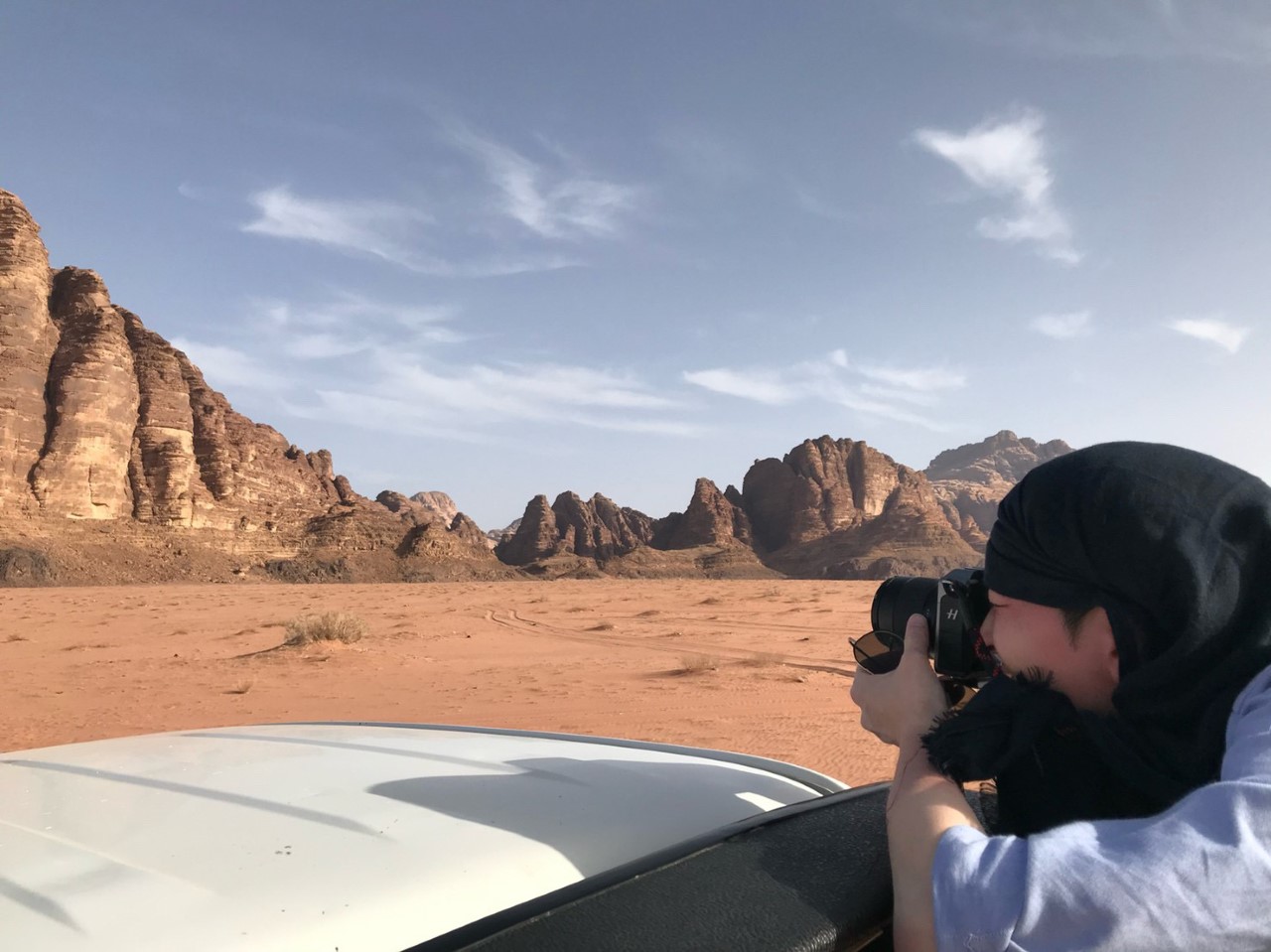
Lo began comparing notes with his dinner companions and they agreed they knew little about their philanthropic activities. “I said to my friends, ‘when was the last time you sat at a board meeting of your foundation?’ They said, ‘never’. They think, ‘I am doing good, I am rubber stamping this donation and that’. But in your own business you pay a lot more attention to what is happening and the end result.”
It is hard to talk about philanthropy though, especially with the newly made rich. “Imagine a guy who has smuggled himself into Hong Kong, fought his way up and become a wealthy person, then you tell him, you’re going to die and how about you give your money away to strangers? It’s hard for someone like this to even contemplate passing it to their kids, let alone people they don’t know.”
Lo’s viewpoint seems qualified in data. According to research from intelligence provider Wealth-X, Europe’s ultra-wealthy population gave away a total of US$52 billion in 2020, equating to a third of global giving. Asia’s ultra-high-net-worth community meanwhile accounted for a 12 percent global share of giving (US$21.5 billion in 2020), despite having a larger ultra-wealthy population.
A philanthropic mentality usually starts at childhood, says Lo. “My family instilled in me the importance of giving back since I was a little boy.” He adds that over the last 20 years as children in Asia have been more exposed to Western culture, and discussions over succession planning are more acceptable, he believes philanthropy in Asia will soon come into its own.
And what about the future of Hong Kong, the billion-dollar question? Since the beginning of 2022 alone, the international financial centre has seen a net outflow of almost 157,000 residents, according to government data, unwilling to live with the ‘dynamic zero COVID’ strategy the city-state borrowed from China. While that seems to be improving (with quarantine now limited to just a week for returning Hong Kongers, as opposed to the previous three), a bigger question is that of Beijing’s intentions. In recent years, the Hong Kong government has become more pro-China, looking to change laws pertaining to freedom of expression and movement. Scores of pro-democracy activists, journalists and lawmakers have been arrested and others have had to leave the country. What does it mean for Hong Kong’s future on the global stage? “I have 100 percent confidence in Hong Kong and I am a strong believer in the law,” says Lo. “Yes, we have to accept that Hong Kong will become less of an international hub and more of a Chinese city,” he adds thoughtfully. “If people don’t believe in it, they should leave and find other opportunities. But most Hong Kongers are survivors, they find ways.”
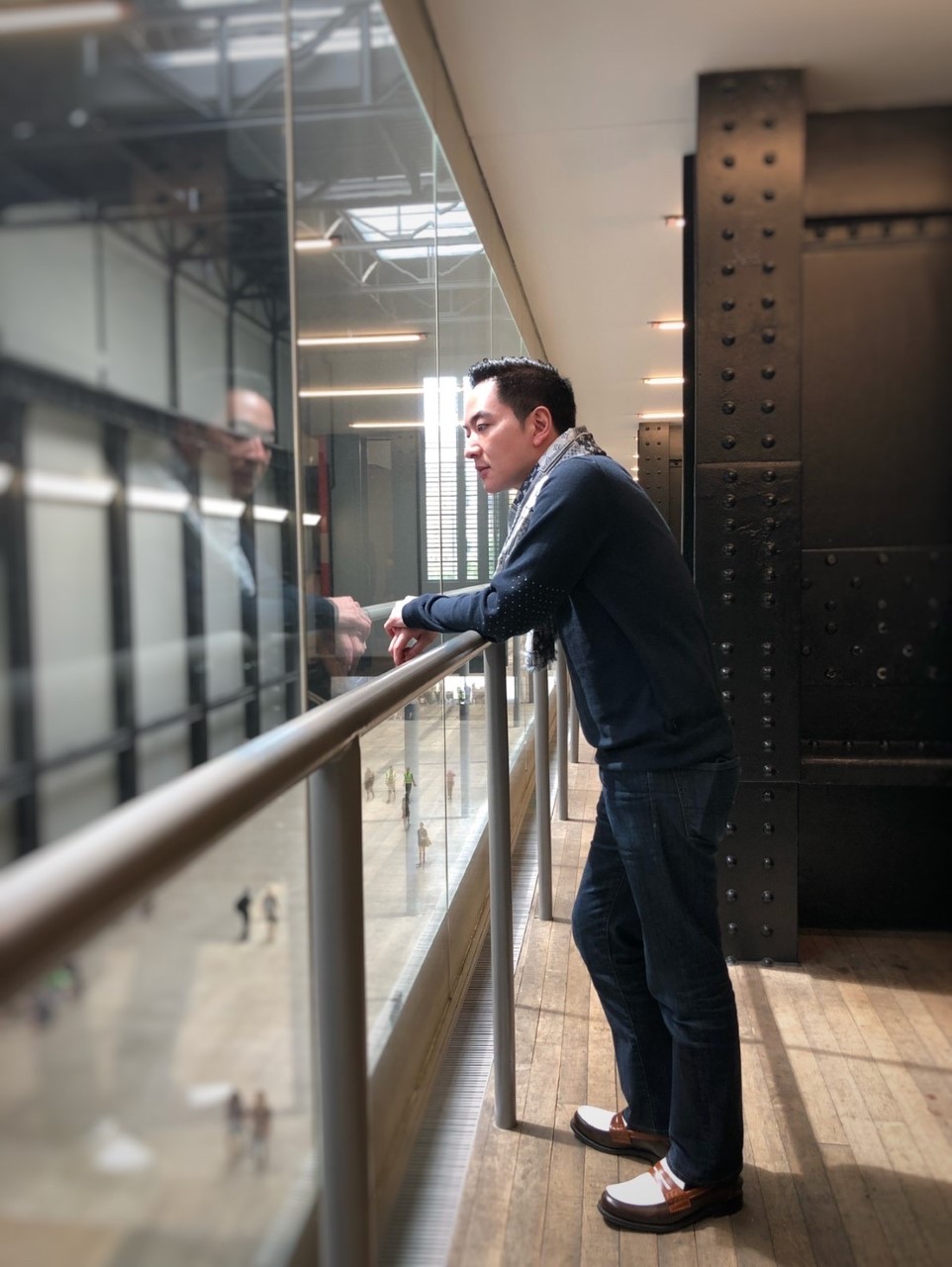
To my point that many international businesses are closing or reducing Hong Kong operations, (according to a survey of 260 companies from the European Chamber of Commerce in Hong Kong, nearly half were planning to shrink or leave), he maintains faith that there will be enough jobs for young people. “Hong Kong will provide enough opportunity and reasons for young people to stay behind. If you are fundamentally a lazy person, no matter how many opportunities you are given, you won’t take one. Hong Kong is still a competitive city: contracts are still being written here.”
Lo has dressed up for our Zoom call, which he takes from his mansion on The Peak, Hong Kong’s most exclusive residential neighbourhood where a five-bedroom house recently leased for a record US$2.5 million a year. In a sharp suit and tie, with a silk pocket square, he is suave and composed, seated in a leather chair against a background of heavy drapes. It’s as serious a set-up as one would expect for a man who wields the power he does. And yet Lo is charming, humble, friendly, putting the world to rights amicably and suggesting a shared bottle of Champagne on his next London trip.
I imagine, if this were to pass, it would be a decent bottle. Lo is said to have the biggest individual collection of Champagne in Asia and is rather a connoisseur, especially after spending US$250 million on a single shopping trip in Champagne a few years ago. How many bottles in his cellar today? Lo looks sheepish and shakes his head. He doesn’t actually know. “Too many.” His favourite is 1996 Louis Roederer Cristal, of which he owns several bottles. As is often the way with Champagne, his appreciation was born out of emotion. When he was learning the ropes at RE Lee International, Robert Lee, his mentor who founded the business in 1954 (Lo’s mother later took it over), wanted to congratulate him on signing his first big insurance premium. “I told him, ‘boss, I think we got the deal’ and he told me to meet him at [Restaurant] Petrus in the Shangri-La. He was waiting with a chilled bottle of 1996 Cristal. I had no idea what it was, but he said, ‘remember this taste. When you have money, make sure you buy as much of it as you can’. I still remember those words and the taste,” he smiles.
He kept his word, and then some.
This article originally appeared in Billionaire's Luminaries Issue, Summer 2022. To subscribe click here.

